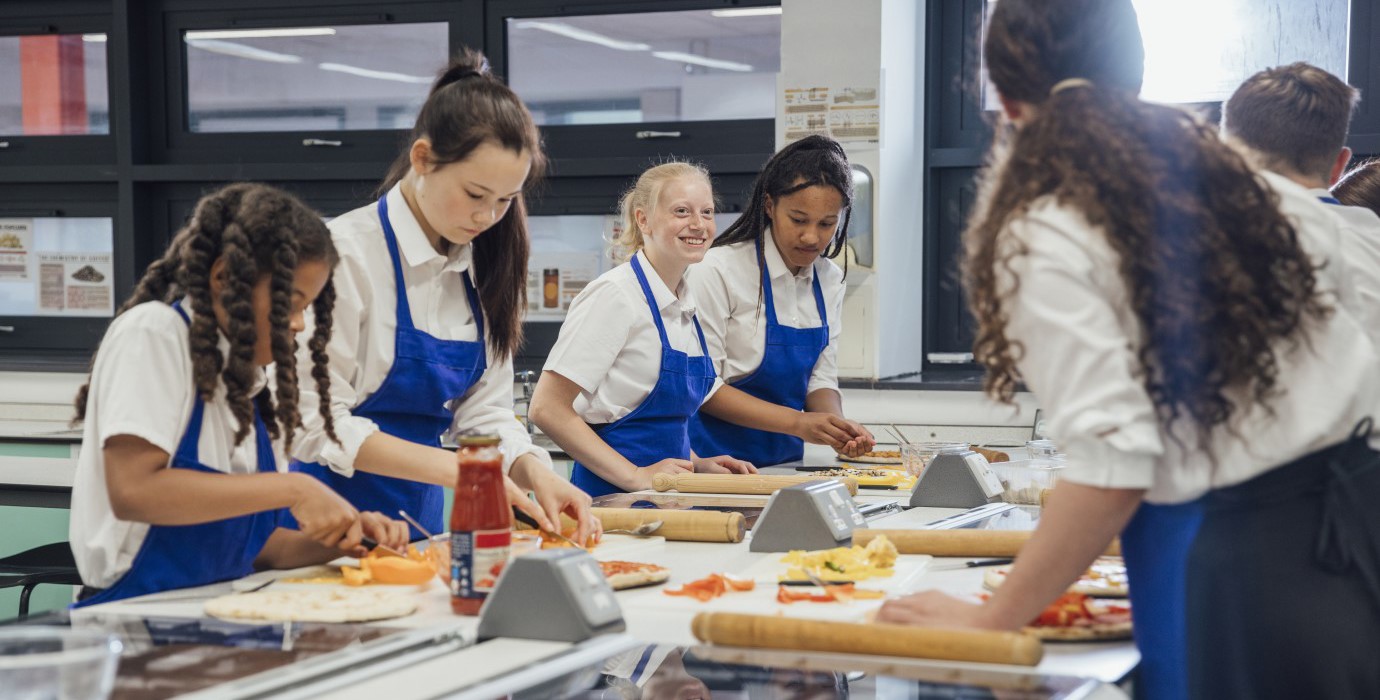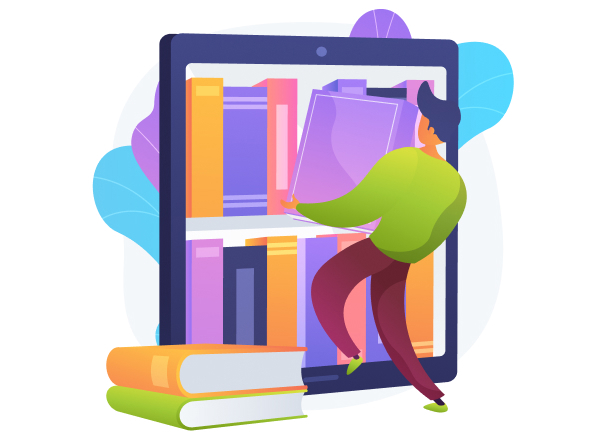
High school is the time for you to start thinking seriously about what you want to do in your future education, job, or career.
With so many choices, how do you decide? Give your electives some serious attention!
Career planning doesn’t have to be hard
You can start to plan your future education, career, or job by breaking the process down into simple steps, then working through the steps one by one:
- Think deeply about who you are and what you like.
- Consider what job, career or education would suit you best.
- Focus by figuring out what options are actually best for you at your stage of life.
- Take action on your future.
If you’re not sure what electives to choose, that’s OK
Some people don’t know for sure in high school what they want to do with their education or career, and that’s just fine. If this sounds like you, choose a variety of electives in the earlier grades instead of focusing on one area.
Consider taking physical education, a language, a math course, and others that interest or challenge you. There are so many options available to help you build your skills. By taking a wide range of electives, you’ll keep your options open for when it is time to decide what to do after high school. You may even discover an interest or skill that you did not know you had before.
Use this high school checklist as you make decisions about your future.
In Grades 9 and 10
Explore occupations in Alberta for ideas about the types of jobs and careers you can choose from. For each occupation, you can check out:
- A description of the work
- The level of education you need
- The types of interests you should have to like the work
- How much you can expect to earn
- Whether or not the work is in demand right now
- Much more!
These handy occupation profiles will also tell you which related high school courses you can take to prepare. They can help point you in the right direction when it comes to choosing electives that suit you and your interests.
For example, if you’re not thrilled about the idea of going to post-secondary education, there are many jobs you can do. You could be an air traffic controller or auto detailer. You might decide to work as a cook or security guard. You can apply for those jobs right out of high school.
Once you reach Grades 11 and 12
If you haven’t thought much about your electives so far, now is the time to start making decisions about your future. Narrow down your electives. Choose ones that will help you get ahead in the job you hope to have or the university or college program you’ll apply to.
The number of occupations available to you, no matter your level of education, will probably surprise you. Here are some tips:
- As you search through the list, use the alphabet at the left to click on the first letter of an occupation that might interest you.
- Focus your options by exploring occupations based on the high school subjects that interest you.
- Use self-assessment tools to help you figure out what personality type you have, what you’re good at, and what you’re interested in. That could help narrow down the long list of choices.
Why should I pay attention to electives?
Think about your electives as another chapter in your life story. If you plan to go on to post-secondary education, electives are one way for colleges and universities to see your interests and strengths.
For example, taking an arts course in Grade 9 does not say much about your personality because everyone must try arts in Grade 9. But if you continue to choose arts electives through Grades 10, 11, and 12, a post-secondary school will see that arts and creativity are important to you. They might see that you are good at it. This could give you an advantage as they make decisions about admissions.
If you do not plan to go on to post-secondary education, electives can show you a new world and set you on a path for the occupation you want. For example, if you take an aviation elective, you might discover a passion to become an airline pilot. You do not need post-secondary education to take that path.
Consider dual credit courses and off-campus programs
Some students decide to take dual credit courses as electives. With dual credit, you can earn high school credits as well as credit toward a post-secondary certificate, diploma, or degree. This can give you a head start on your future education and career.
You also have the option of enrolling in off-campus elective programs. These give you experience working and learning at places other than your high school. You might join college classes or work in a real workplace.
Off-campus programming can be an exciting adventure as you try out new learning and work opportunities.
With so many electives to choose from, give them some serious thought. By picking electives that match your interests and goals, you can do better in school, stay interested in what you’re learning, and even open up new opportunities for your future.


